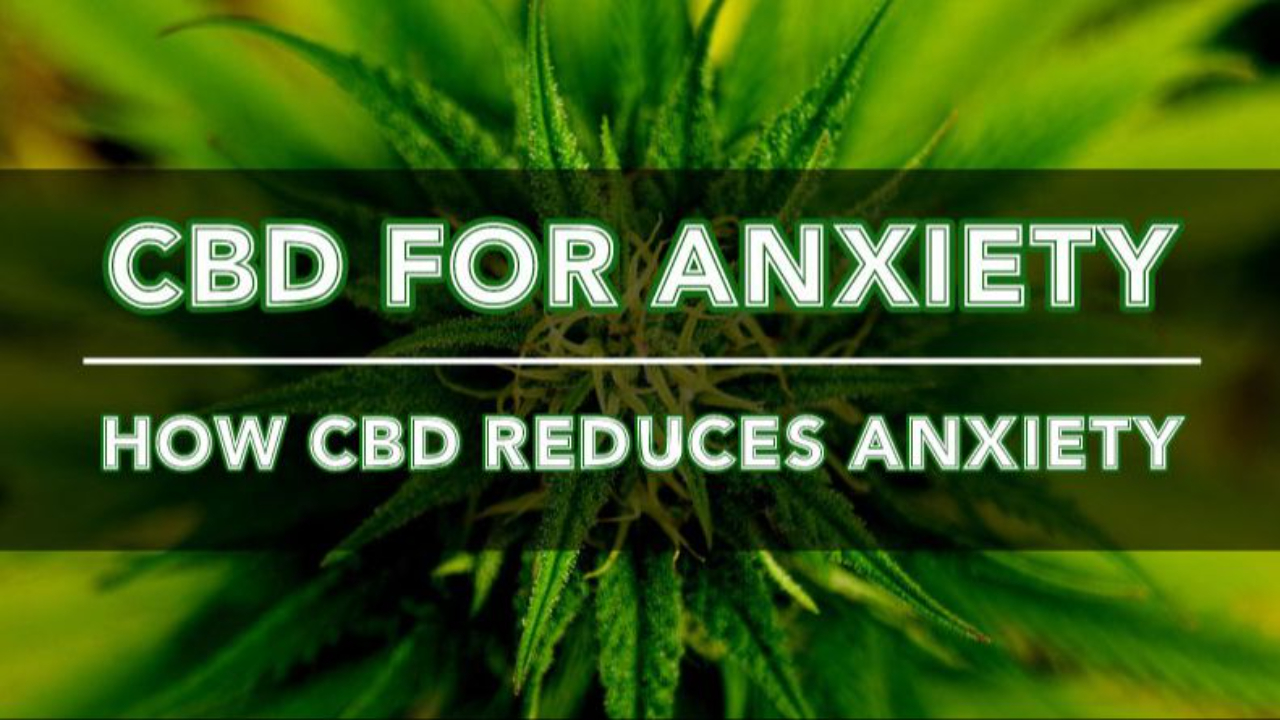CBD A Powerful Allay for Anxiety
Apr 30, 2025
Introduction
If you have been suffering from anxiety, then I’ll bet you’ve highly motivated to find ways of managing and alleviating it! Feeling anxious is draining especially when your logical self knows that what you’re ruminating about is not a big deal. However, knowing this does not stop the pervasive worry. Whether you find it uncomfortable maneuvering in social situations, are worried about your health, or just feel the weight of the world more than the next person, anxiety sucks.
I am no stranger to anxiety. Sometimes it can be a powerful tool illuminating one’s fears so one can work on them constructively and grow as a person. Other times, it’s a force that seeks to undermine one’s best self and challenges the trust held within oneself. That is when I find CBD to be a powerful adjunct.
The Plight of Anxiety
Anxiety is one of the most prevalent mental health conditions in the United States. While 40 million adults in the United States suffer with anxiety disorders each year, only 36.9 percent seek treatment. In fact, 51 percent of U.S. adults who use CBD do so to help reduce the severity of symptoms caused by anxiety according to a recent Forbes Health Survey of 2,000 United States adults. Worry, nervousness, fear, tension, uneasiness, and apprehension are emotions of anxiety. Our fast-paced lifestyles and achievement-oriented society promote anxiety.
How Does CBD Help with Anxiety?
Research has found cannabidiol or CBD may reduce many of the symptoms of anxiety as CBD positively interacts with serotonin receptors in the brain. Serotonin is a neurotransmitter or brain hormone that affects mood and emotional state. Low or imbalanced serotonin levels increase the risk of developing anxiety and anxiety disorders, including social and general anxiety. Balanced serotonin levels are the key for alleviation of anxiety. Most people find they need between 25 and 75 mg of CBD per day to manage generalized anxiety disorder or sleep-related ailments. The pharmaceutical medications for anxiety have a temporary effect on brain chemistry with symptoms of anxiety returning when the medication is stopped.
However, Dr. Benjamin Weeks, PhD, professor of biology at Adelphi, has been researching CBD and other phytochemicals over four decades. He and his team believe CBD is more than a trendy new supplement and that this natural substance could radically transform the way we approach and manage anxiety disorders, resulting in better long-term outcomes.
CBD Rewires the Brain
In neuroscience, the term neuroplasticity applies to the ability of the brain to adapt and change in response to experience. Your brain can create new healthy, neural pathways so anxiety has less of a hold and therefore, your brain rewires itself adapting to change positively. Think of your brain as a huge electric power grid, there are billions of pathways or roads, that light up every time you think, do, or feel something. Some of those roads are well traveled, every time we continue to act in a similar way, we are strengthening these old neural networks. So, the secret is to assess what thought patterns no longer serve you, what are your triggers and what ruminating thoughts need to go away? The more one practices new healthy habits, old pathways become weakened, and with enough repetition, your brain creates a default setting around healthy enhancing thoughts. The brain will literally prune connections to self-defeating and rumination thoughts so in time, the anxiety scripts become less automatic and easier to resist.
CBD Research and Neuroplasticity
In a recent study, published in Frontiers in Pharmacology, a group of scientists from the University of Sao Paulo, Brazil reviewed all the mechanisms at play when anxiety disorders are treated with CBD. The study suggests that CBD’s therapeutic effects are caused by several acute mechanisms and changes in the structure of the brain over time, known as neuroplasticity. In mice suffering from anxiety and depression-like behaviors and cognitive impairments the consistent administration of CBD reduced inflammatory chemicals in the brain. This essentially turned off the “flight and fright” response changing the neuroplasticity for good.
Conclusion
Your current neural network is not fixed but pliable. It can change with you changing. Practicing new healthy thoughts in place of the ruminating and punishing anxious thoughts create new brain pathways that are positive and the negative ones weakens over time. The addition of CBD into the equation further upports and assists in the rewiring of your brain. What do you have to lose, give it a chance?

